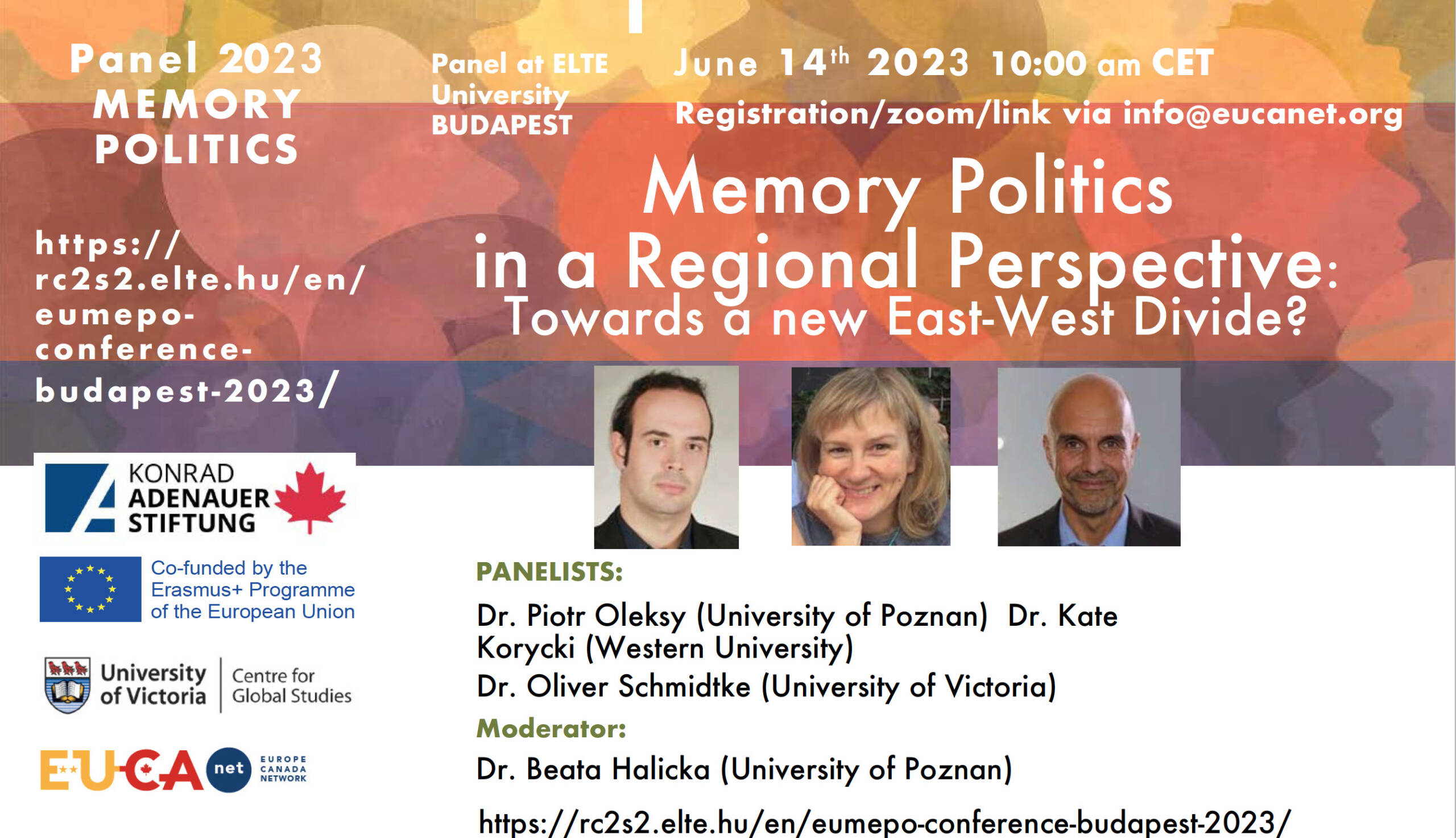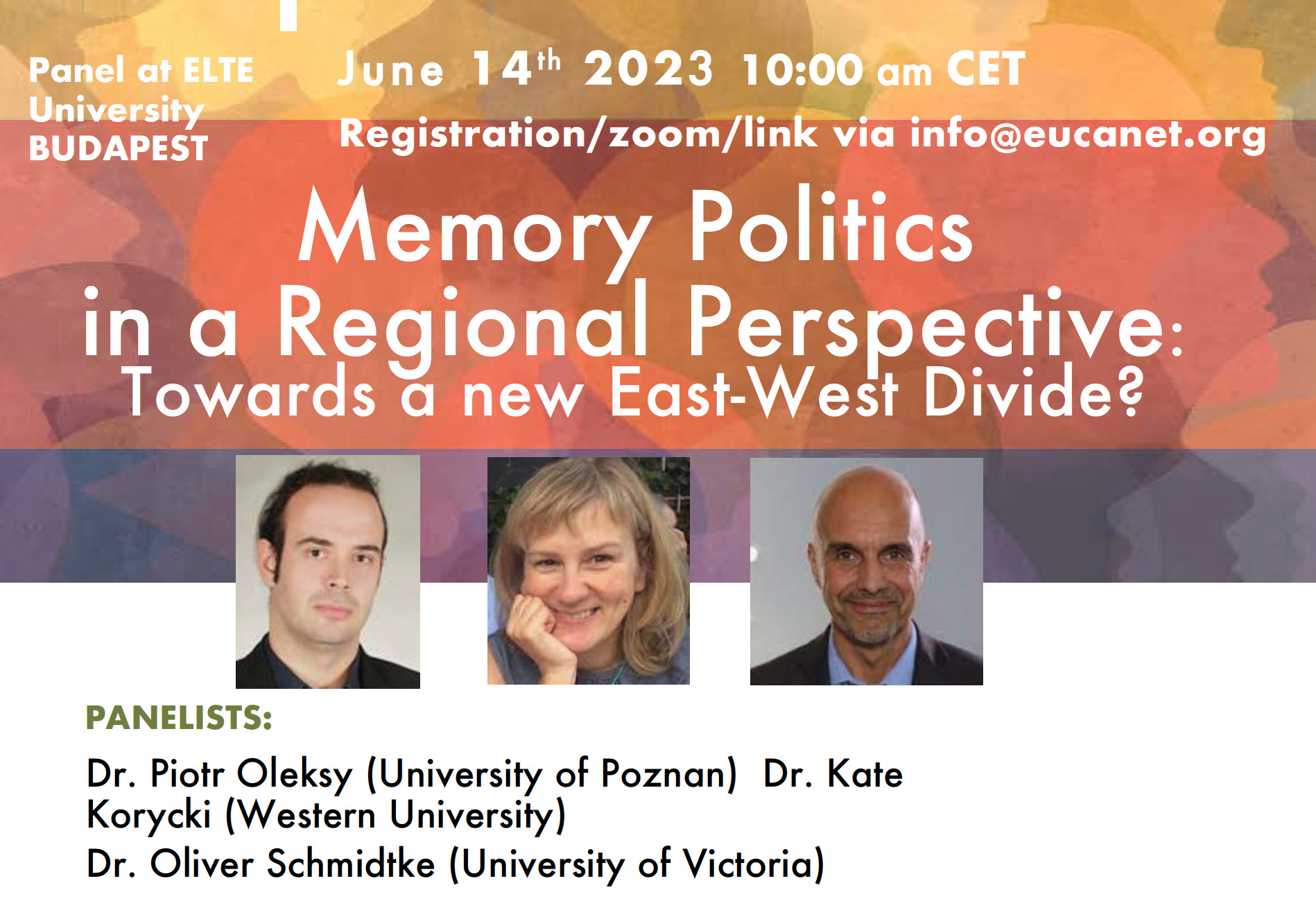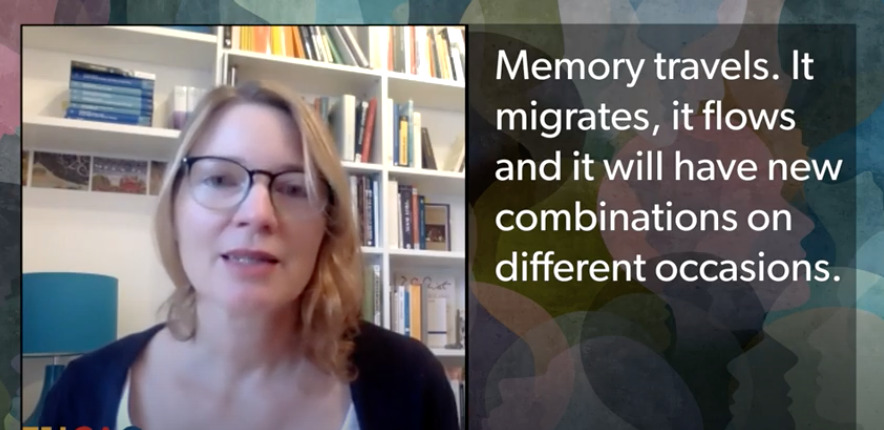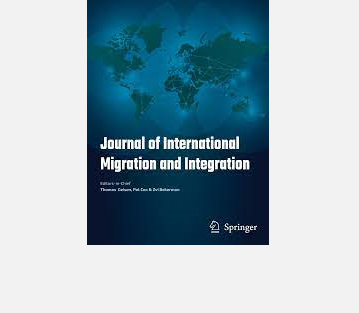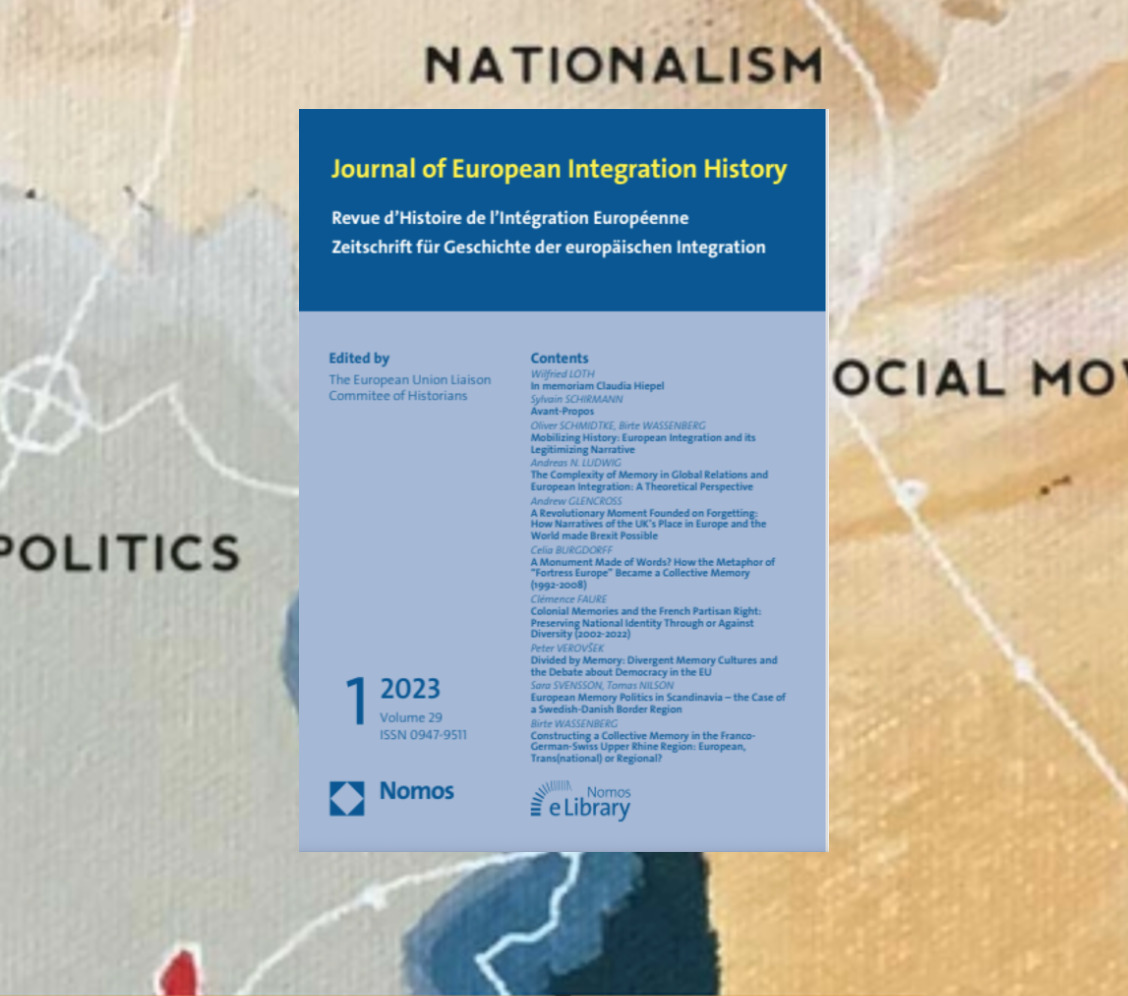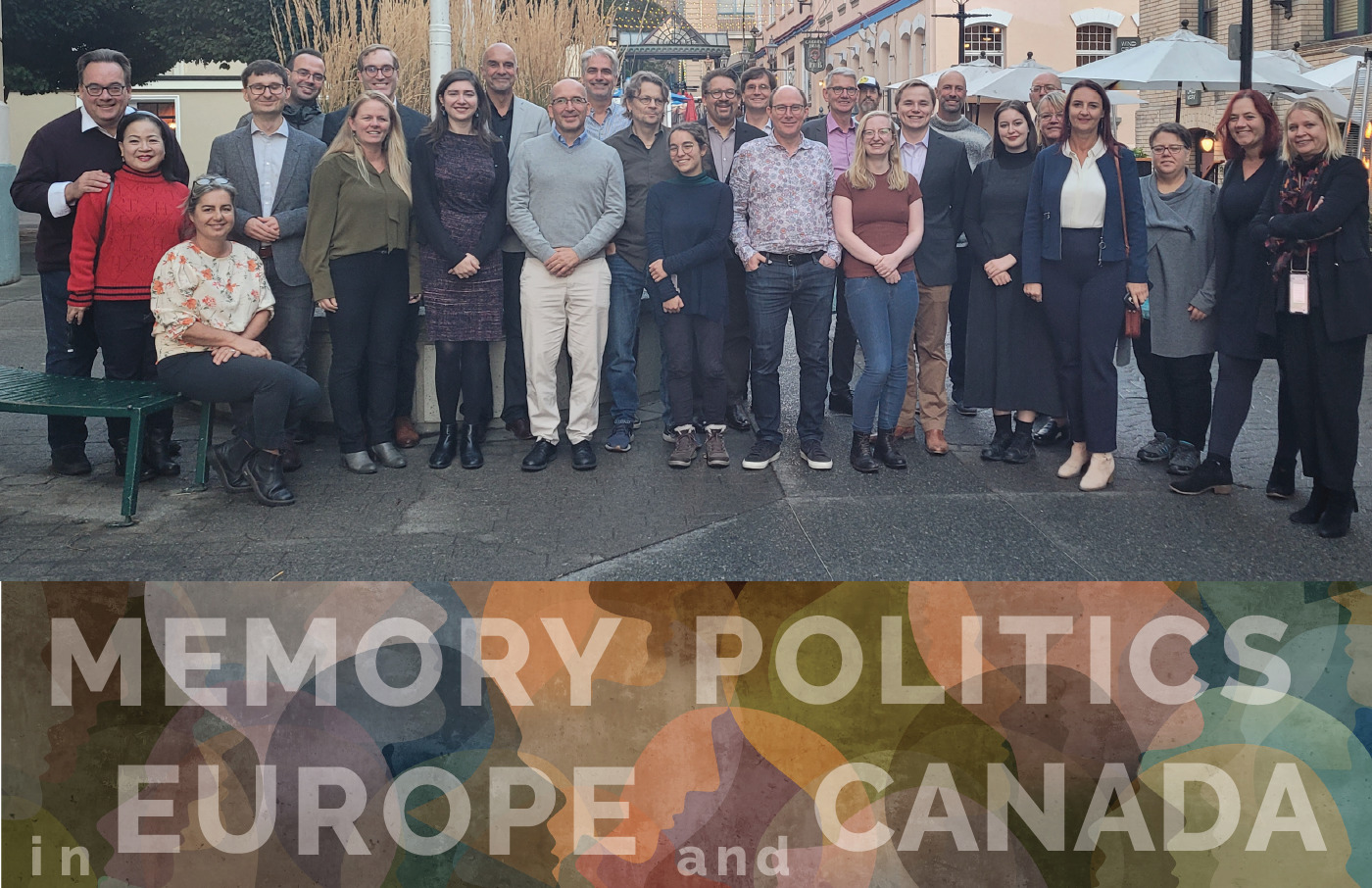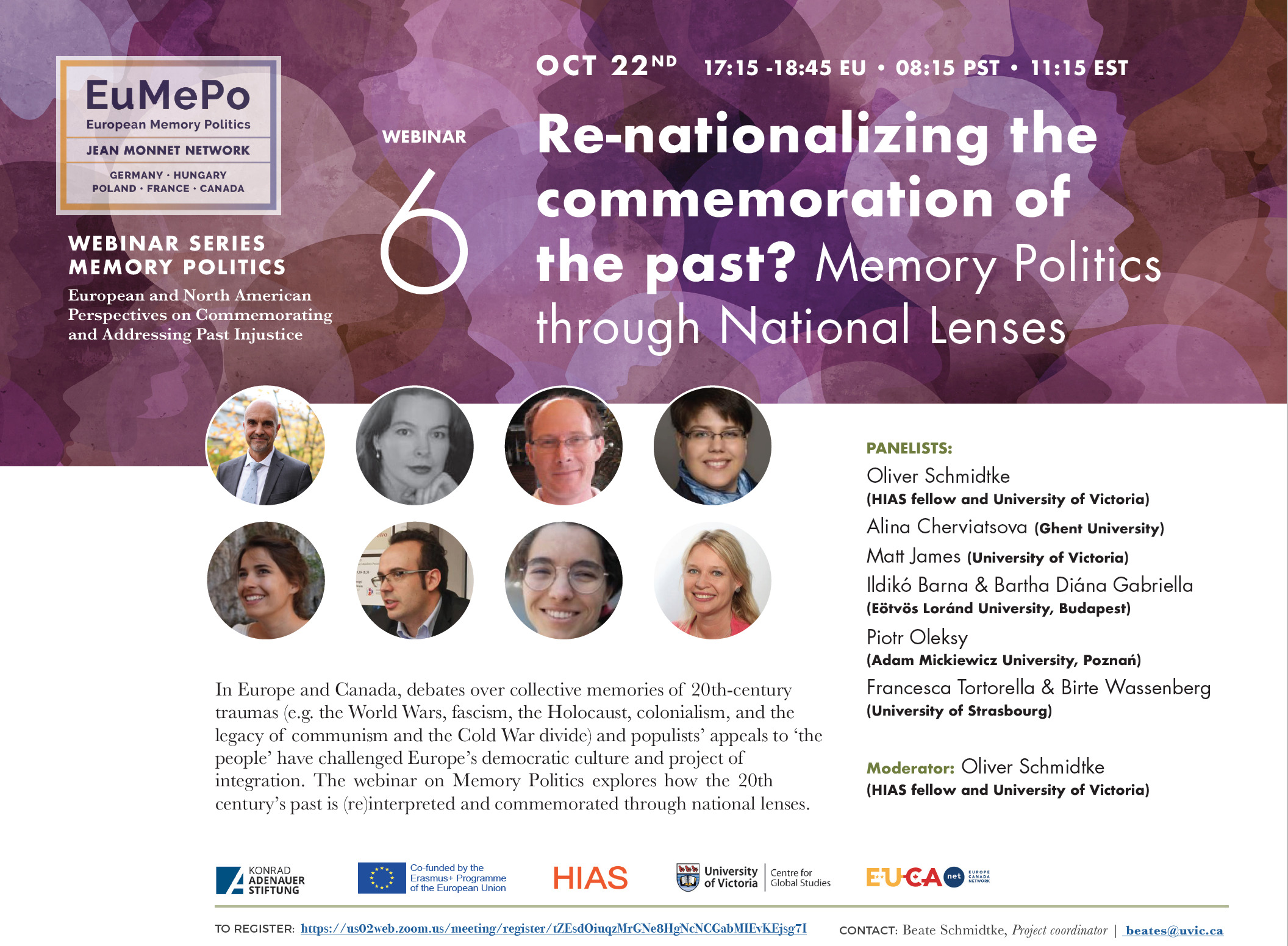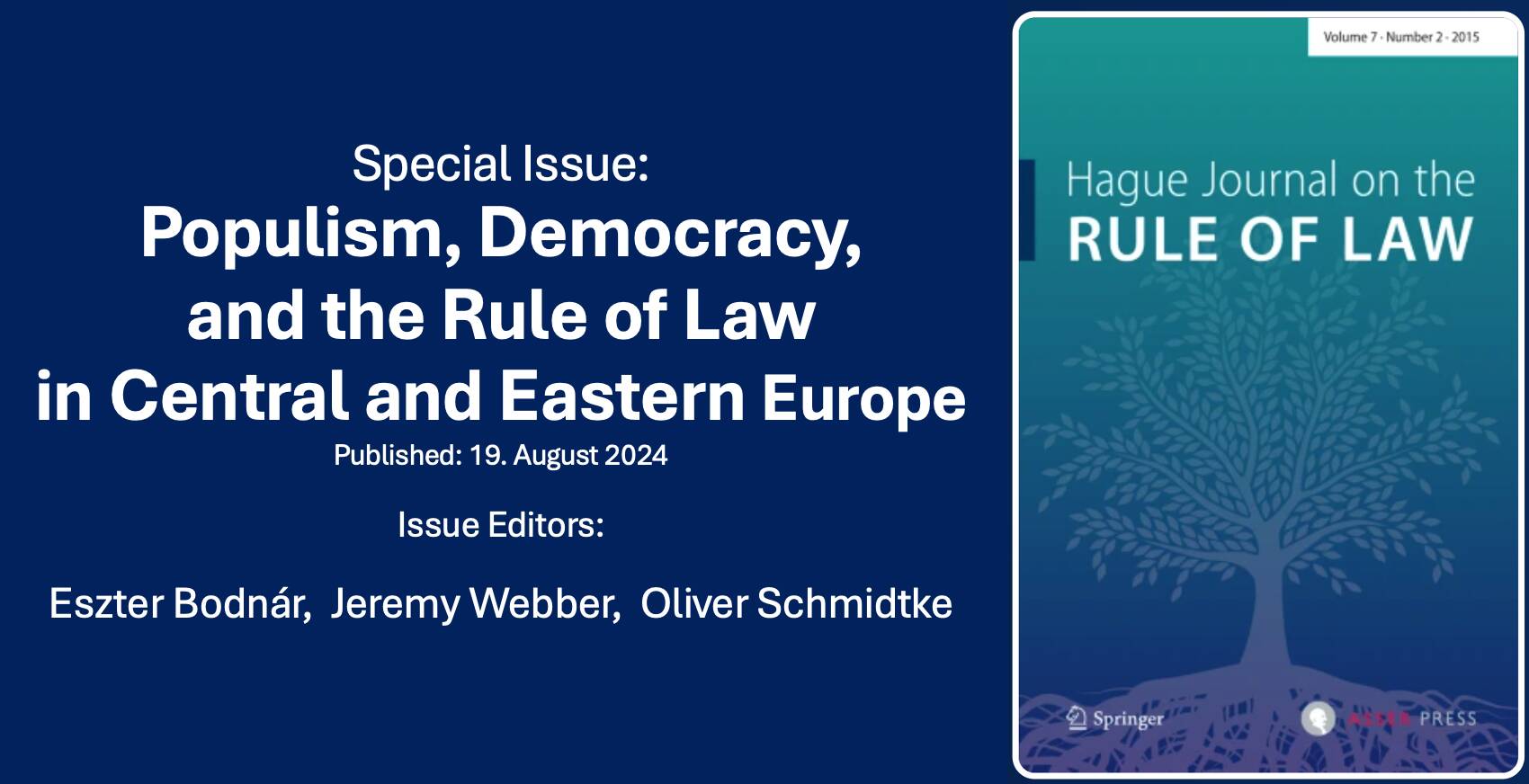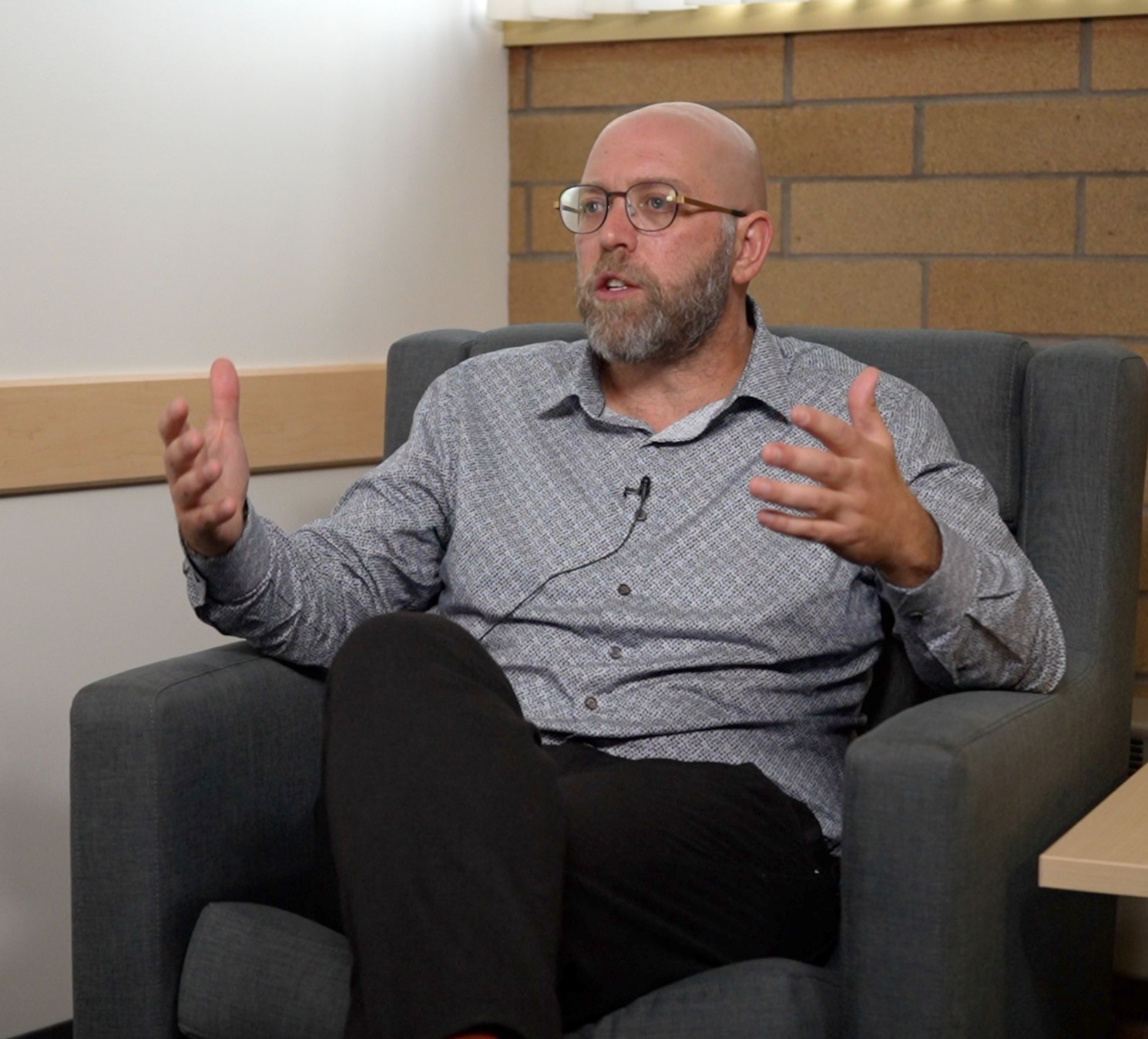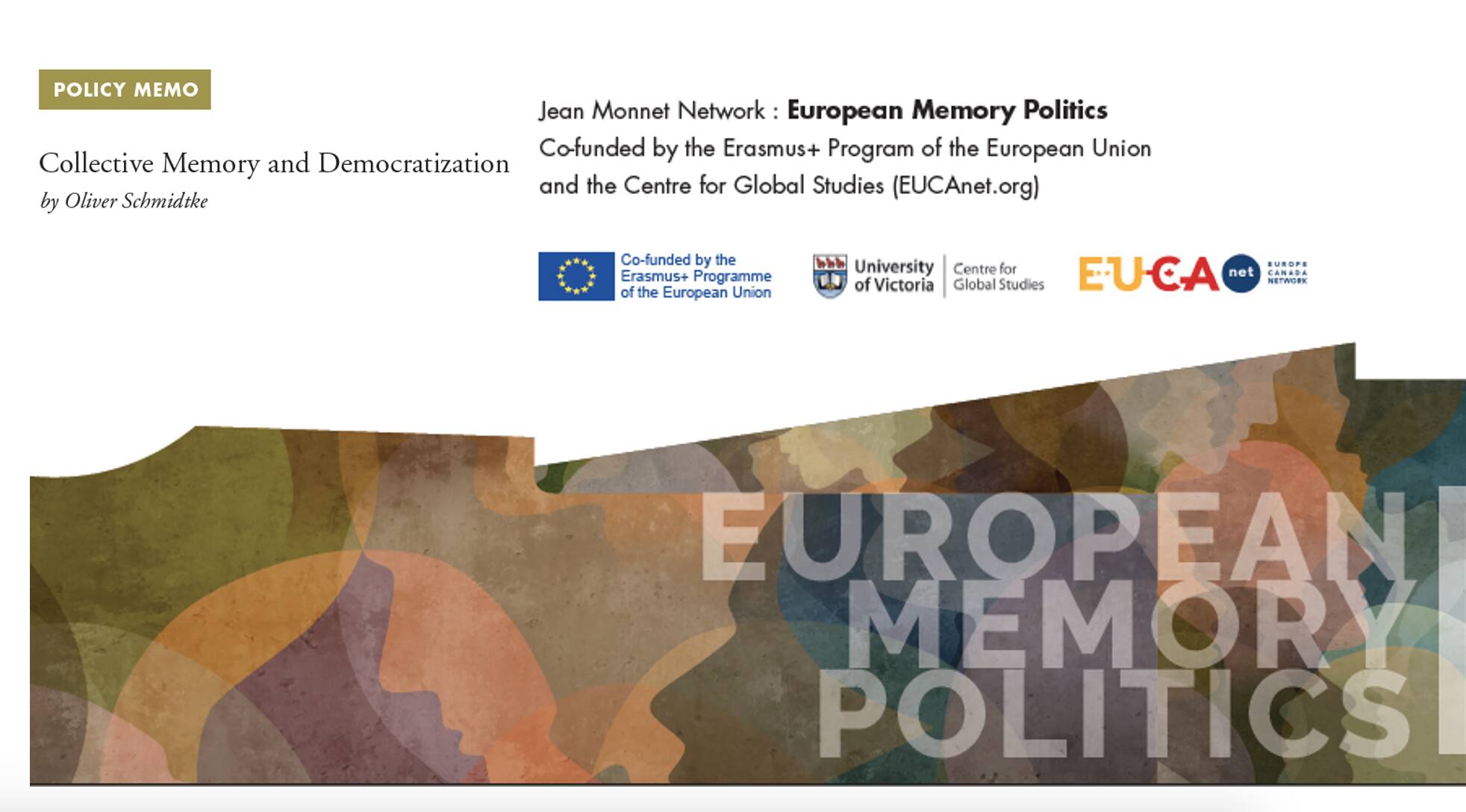Memory Politics in a Regional Perspective: Towards a new East-West Divide?
Moderator: Beata Halicka (Adam Mickiewicz University in Poznań)
Speakers/ abstracts:
- Kate Korycki (Western University): Nostalgic Longings and Liberal Causes of the Right-Wing Populist Turn
Relying on the insights of collective memory literature which posits narratives of the past are always woven for the present day needs of the storytellers, this talk uses the political classes of post-communist Poland to articulate both causes and constitutive features of the present-day right-wing populism. In doing so, it looks to material conditions faced by the populations and then it examines how those conditions are represented and addressed in the speech of liberal and right-wing populist parties. The talk thus considers the implication of nostalgic, memory-oriented narratives in the current anti-liberal turn. The talk then tests the proposition on the recent events in Canada, which involve Freedom Convoys occupying Ottawa in the name of nostalgically-inflected visions of the past and the subsequent right-wing turn of Canadian conservative parties. In other words, the talk treats Eastern Europe as an incubator and modeller of nostalgic politics, adapted and modified in North American contexts.
- Piotr Oleksy (Adam Mickiewicz University in Poznań): Poland’s Historical Turn and Its Relations with the West
The adaptation of the Polish memory culture to the challenges of the present began around 2000 (the historical turn in Polish public life). Due to the arrears in this respect, it took place in a precipitate, violent and turbulent manner. In 2004. Poland joined the European Union, a supranational community, which also witnessed the emergence of a common memory culture. In other words, the internal dispute over the nature of the national community (and the notions of its place in history) was compounded by the need to merge it with a supranational memory culture. In its formative stage, the latter was also characterized by a high temperature of debate.
The Russian invasion of Ukraine led a large part of Polish public opinion to believe that the importance and subjectivity of our state had increased. Like many others Central and Eastern European nations we are experiencing an “I told you so” moment. This applies to memory and geopolitics – in our view it’s pretty much the same. This means that the dynamics of memory disputes between Central and Eastern Europe and Western Europe will not weaken at all.
- Oliver Schmidtke (University of Victoria): Memory Politics, Identity, and Democracy in Germany and Poland
The presentation considers the growing rift between Western and Eastern Europe regarding the commemoration of Europe’s recent past and related historical narratives of nationhood that shape contemporary political preferences. More specifically, it investigates the connection between collective memory, national identities, and democratic cultures as it manifests itself in Germany and Poland. With the help of an interpretative analysis focused on the political elite discourse in both countries, competing ways of interpreting 20th Century history and providing it with meaning for contemporary audiences are identified. The national case studies of Germany and Poland present a contrasting logic in this respect: The promise of freedom and democracy in Poland is primarily narrated as the liberation from foreign rule and the desire for national independence. It is built around a notion of popular sovereignty in which dissenting views of the heroic national past are discredited and largely banned from public debate. In contrast, in Germany the memory of fascism and the Holocaust has established a stronger rights-based approach to democracy in the liberal tradition and an openness for contesting historical narratives in the public domain.
This event was supported financially by the Konrad Adenauer Foundation Canada and the the Erasmus+ Programme of the European Union
